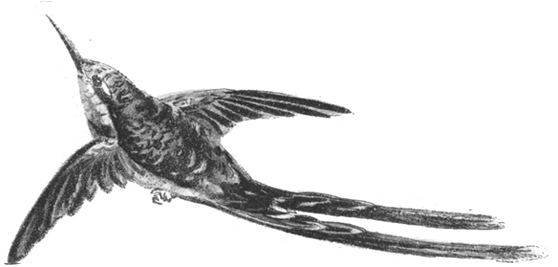

I didn’t want my father to marry Sylvia, to have my mother replaced, for Sylvia to be mistress of Lockwood and my mother’s presence here, all the years she had spent in these rooms, forgotten. But could I begrudge my father happiness, when it was hardly right that he should be as lonely as I now was?
Would another woman, another wife, do better here than my mother did, I wondered, watching Sylvia check her makeup with a hand mirror, frowning at her reflection as my father turned away to talk to another guest; or would she be haunted just the same, would Lockwood work its witchery on her too?
Six months before my mother died, I found her wandering in the gardens soaked to her skin and hurried her inside. I placed her by the fire in the morning room and patted her hair dry with a towel, peeled off her sodden sweater and wrapped her in two blankets, as if I were the mother and she my wayward child.
“What were you doing out there?” I asked.
“Walking my gardens,” she said, her voice tired, but a petulant set to her chin.
“You should take an umbrella next time, you’ll catch your death of cold.”
“I wouldn’t if he hadn’t lied to me,” she said, plucking a thread from one blanket and staring into the fire.
“Who?” I asked, knowing that the only “he” she ever talked about was my father.
“My husband,” she said primly. “He promised me he’d build me an orangery, a palm house, a proper hothouse for my flowers. He lied. Look,” she said, hand reaching out for a photo frame on the mantelpiece that I retrieved for her. “Here I am. Do you see me?” she asked, fumbling the frame into my hand.
I stared at the faded photograph, at a pale girl in a froth of white petticoats from neck to ankle, shod in shining black boots and with her ringlets in ribbons, a faint scowl on her blurred face. She was standing on a tightly groomed lawn next to a soaring white house with the forest some way behind her, dark and overgrown. “I see you,” I said, seeing myself too in that little girl.
“That girl wanted everything, she wanted the world. A palace, a palm house, a prince to sweep her off her feet and take her away from the heat and the noise and the backwater of her home.” My mother gave a short, mirthless laugh, resettling the blankets around her shoulders. “That girl knew nothing.”
My knees were aching from crouching beside her but I didn’t want to move yet, for I sensed a rare glimmer of sanity in her that I wanted to savor.
“I, she”—she poked the glass of the photograph—“used to dream, terrible dreams about la diablesse.”
“Who was she?” I asked, even though I had been told many times before.
“The woman in white, my nurse called her. She was human once but became a demon. She put spells on men; she used to wait for them in the forest and then run away and let her beasts eat them. She wore a large white dress with many petticoats that hid her single cloven foot, and a hat or a veil to cover her monstrous face.” My mother’s hand touched her cheek. “I used to dream of her, waiting for me in the forest, hunting me. I thought that if I left my home, I might leave her too, but I got it wrong, don’t you see?”
“How did you get it wrong?” I asked, suddenly desperate to hear what she might say.
“She was trying to warn me; the dreams were her gift,” she said. “That day when I arrived at Lockwood, my wedding day, my husband took me on a tour of my new home, room after room, all his, all mine, until we came to one room, a bedroom with purple wallpaper, with a sloping floor and a window that rattled in the wind, and I turned around and there she was, waiting for me. Don’t you see?” my mother said again, turning to clutch my hands. “It was the mirror, I saw my reflection, I saw her inside the mirror, the woman in white, it was me all along.”